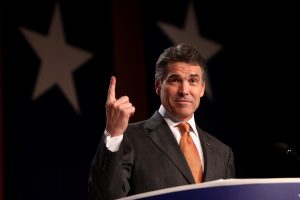 Among Rick Perry’s first acts as Secretary of Energy was calling for a 60-day “study” of whether any policies or regulations have led to the premature retirement of coal or nuclear plants. I – and many others in the clean energy industry – are concerned this so-called study will amount to little more than a pro-coal fluff piece.
Among Rick Perry’s first acts as Secretary of Energy was calling for a 60-day “study” of whether any policies or regulations have led to the premature retirement of coal or nuclear plants. I – and many others in the clean energy industry – are concerned this so-called study will amount to little more than a pro-coal fluff piece.
To people familiar with energy policy and the coal industry’s rhetoric, Perry’s request is a transparent promotion of coal and a backdoor attack on clean energy resources, like solar, wind, and energy efficiency. Besides, 60 days is barely enough time to fill job vacancies in a new administration, much less conduct a thorough analysis of America’s complex energy policies.
But until the report is released, we can only look at what Perry and other Trump appointees have said and done about energy, generally, and coal, specifically, to predict what arguments Perry’s office will make.
Over the next few weeks, EDF will examine several of the administration’s pro-coal arguments and explain why: Read More
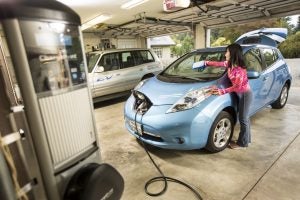 Americans are switching to cleaner cars and electricity. In addition to being smart purchases, these clean energy choices could be a political statement. Consumers are choosing to use their hard-earned dollars to show what they want: clean energy, a clean economy, and government policies that reflect their values.
Americans are switching to cleaner cars and electricity. In addition to being smart purchases, these clean energy choices could be a political statement. Consumers are choosing to use their hard-earned dollars to show what they want: clean energy, a clean economy, and government policies that reflect their values.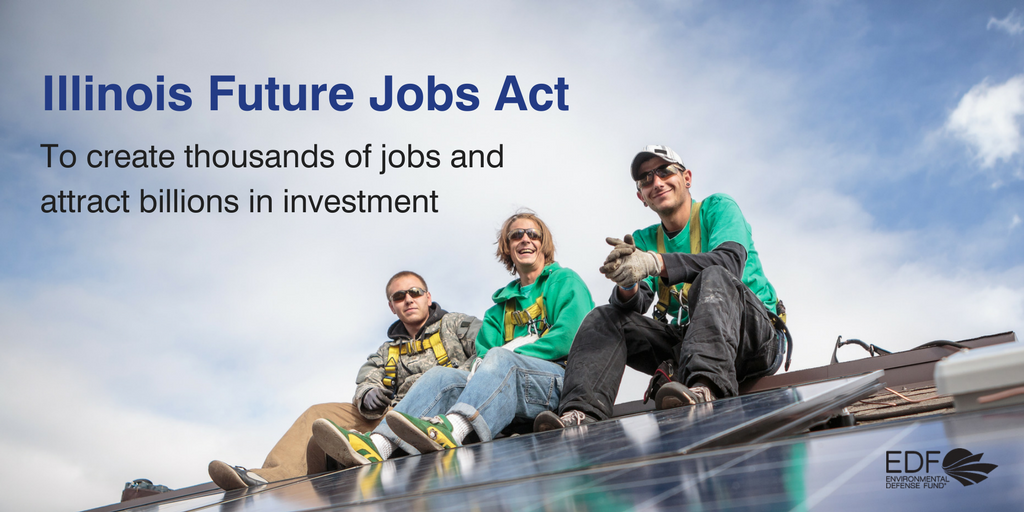
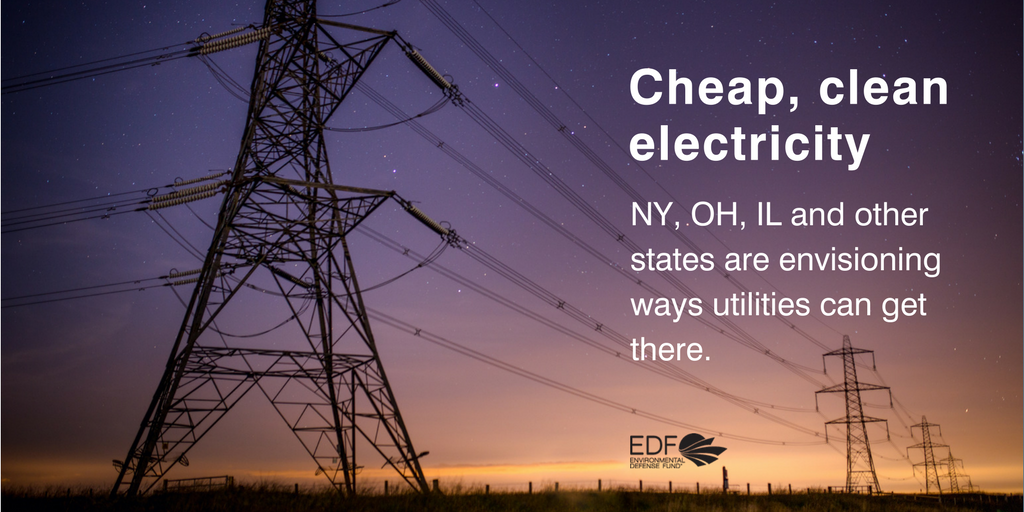
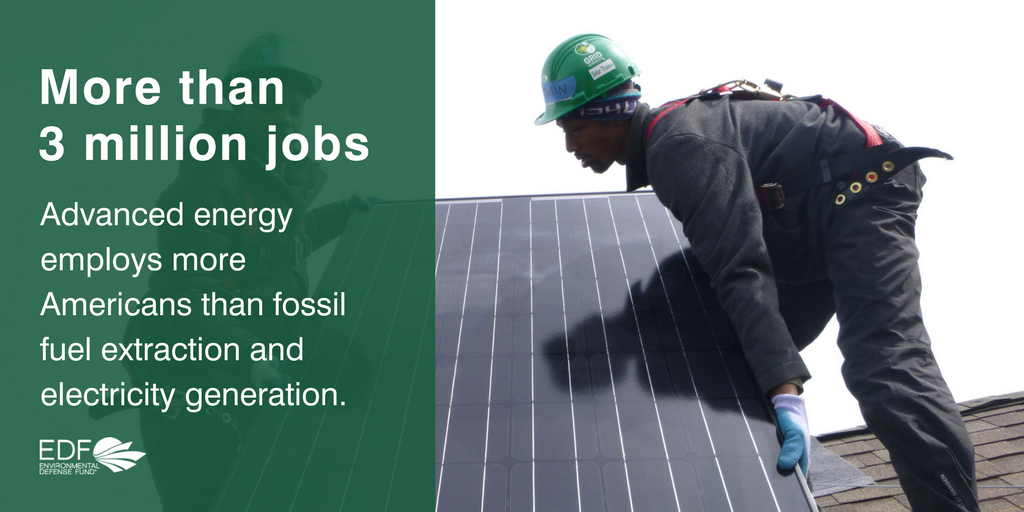
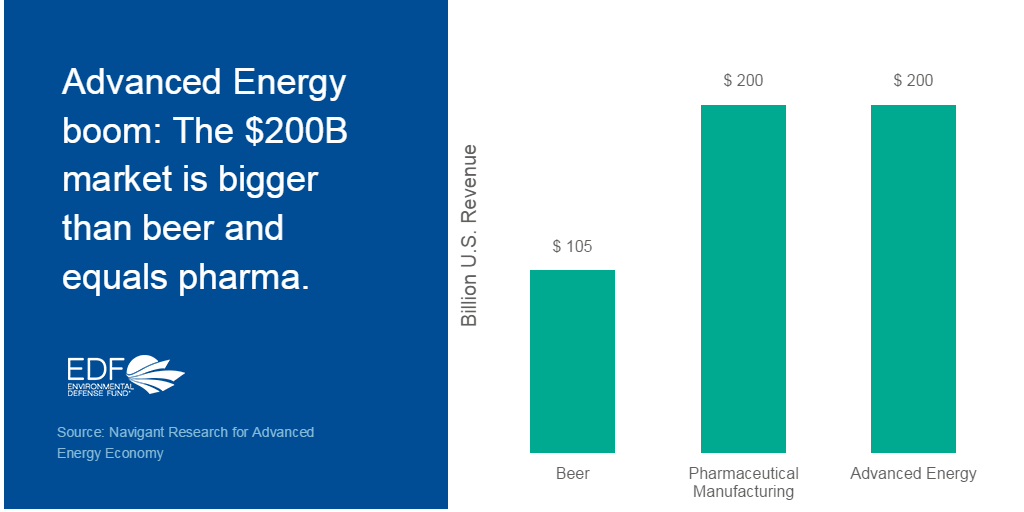
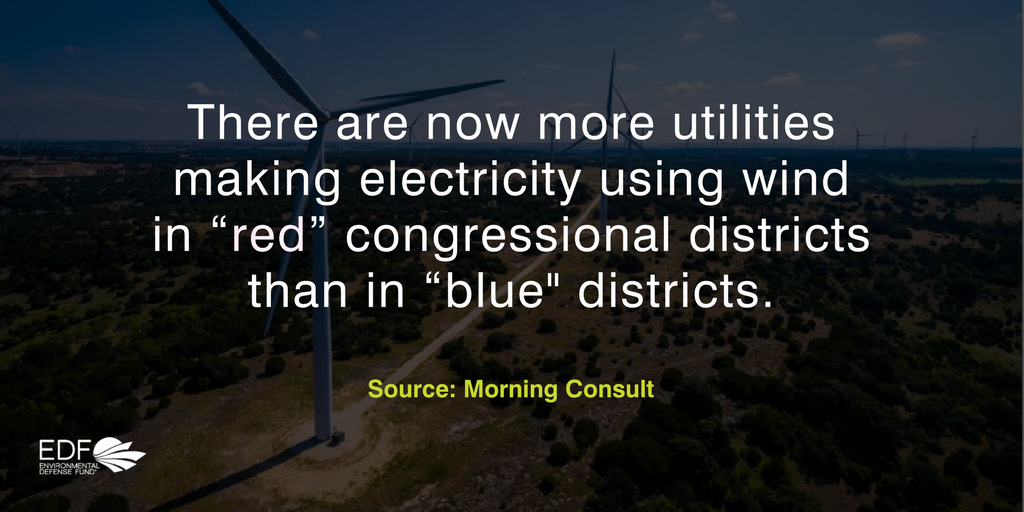
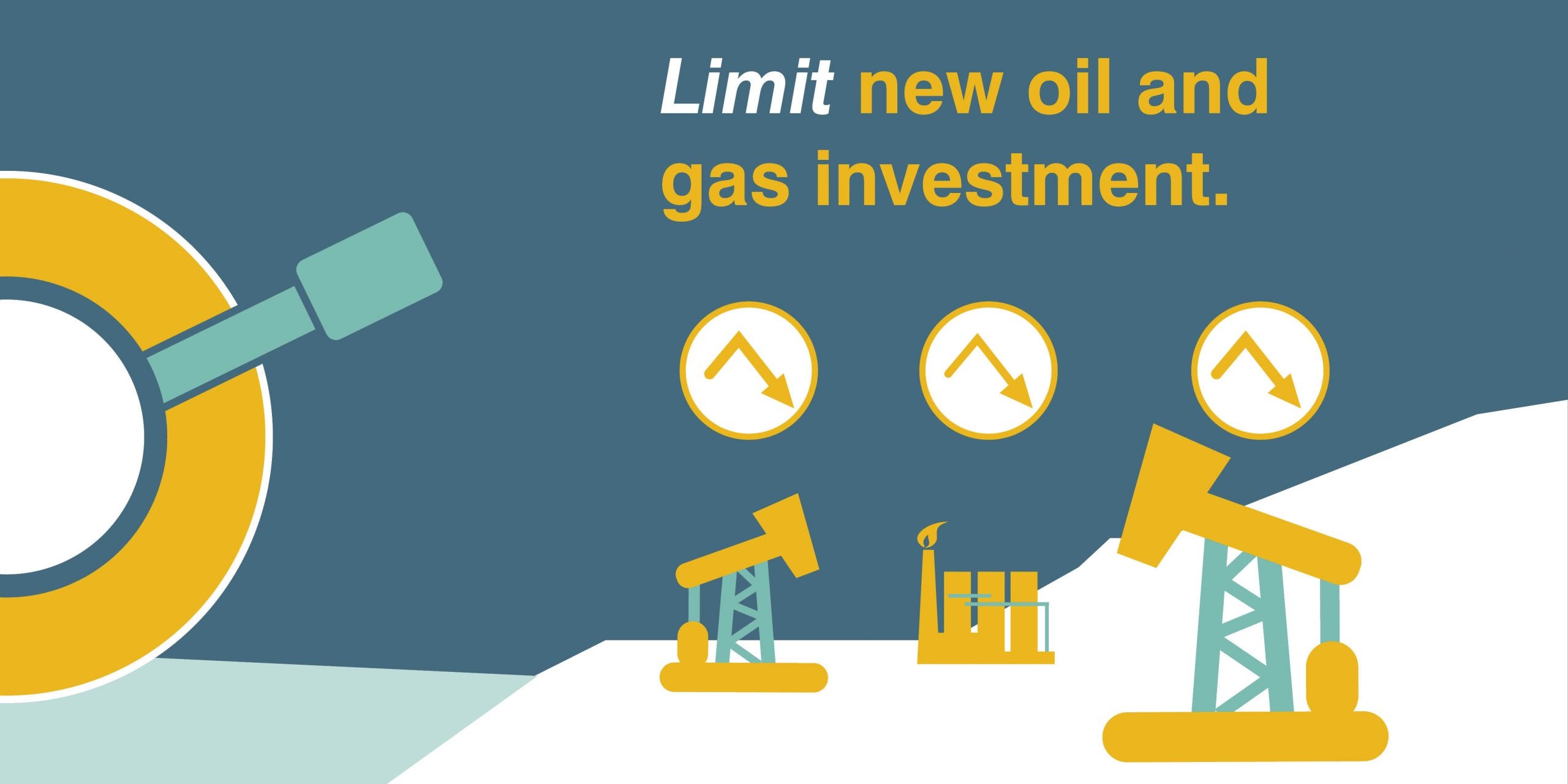
 Evidently, President Trump and his environmental protection chief Scott Pruitt are just getting warmed up.
Evidently, President Trump and his environmental protection chief Scott Pruitt are just getting warmed up.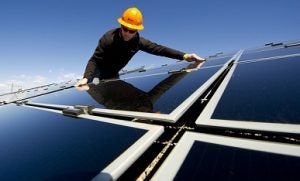 From coast to coast – and especially places in between – jobs were the most pressing concern for American voters. So Trump has promised he will create 25 million new ones over the next decade by, among other things, reviving America’s declining coal industry.
From coast to coast – and especially places in between – jobs were the most pressing concern for American voters. So Trump has promised he will create 25 million new ones over the next decade by, among other things, reviving America’s declining coal industry.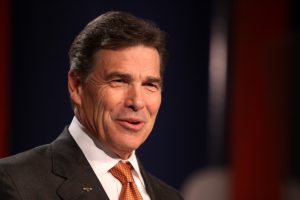 Those of us who lived through Rick Perry’s governorship in Texas were concerned he’d take his “pollution-first” mentality to Washington. But the Trump administration’s assault on clean energy started before Perry cleared the first hurdle for becoming Secretary of Energy today, signaling he’ll likely be confirmed by the full Senate.
Those of us who lived through Rick Perry’s governorship in Texas were concerned he’d take his “pollution-first” mentality to Washington. But the Trump administration’s assault on clean energy started before Perry cleared the first hurdle for becoming Secretary of Energy today, signaling he’ll likely be confirmed by the full Senate.